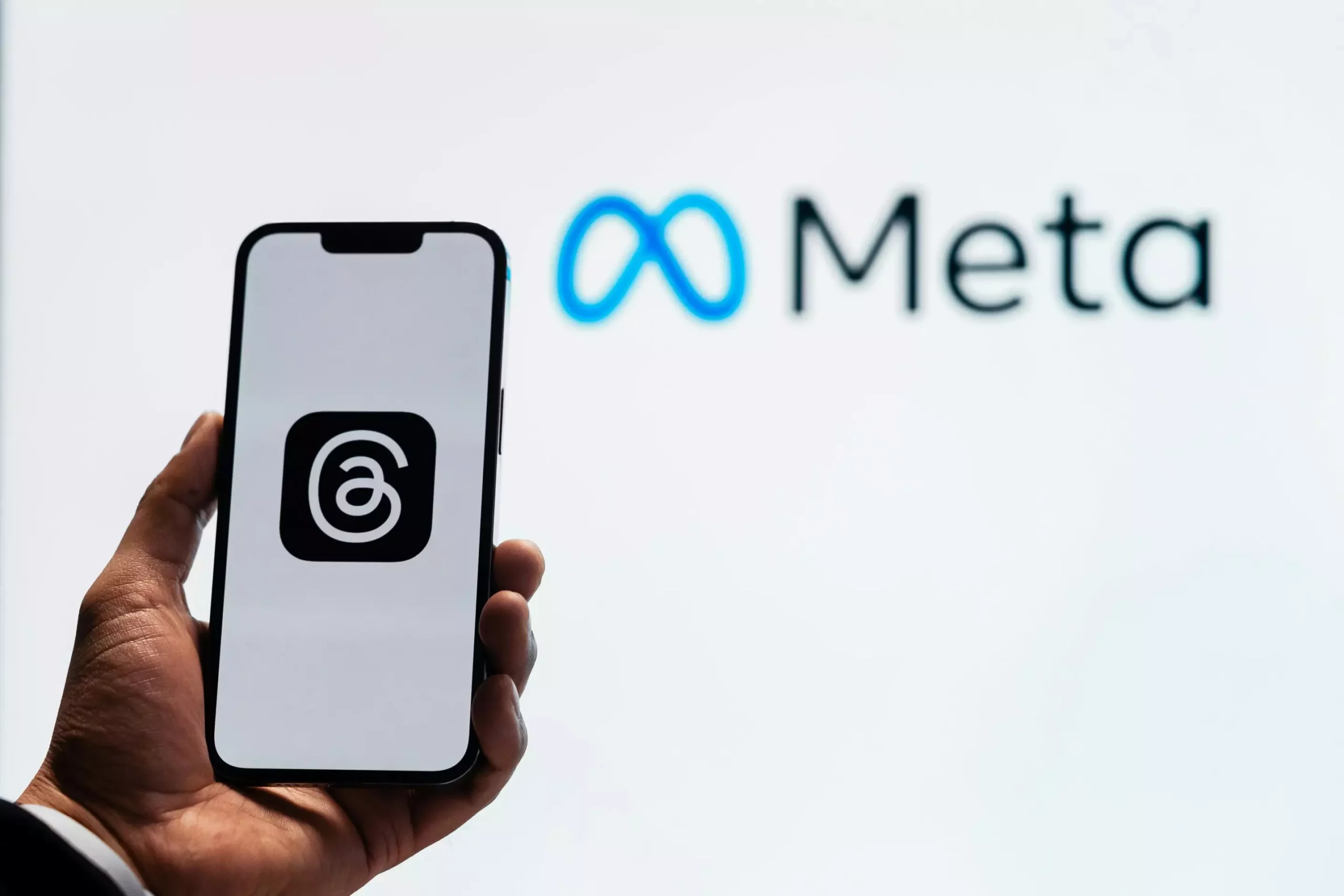The world of artificial intelligence is currently divided between those advocating for open-source AI and those favoring closed-source AI. Meta, the parent company of Facebook, recently made a significant move in the favor of open-source AI by releasing a new collection of large AI models. This includes the groundbreaking Llama 3.1 405B model, hailed as the first frontier-level open-source AI model. This step by Meta signifies a shift towards transparency and inclusivity in the AI landscape.
The Issue with Closed-Source AI
Closed-source AI refers to algorithms, datasets, and models that are proprietary and kept confidential. While this approach helps companies protect their intellectual property and profits, it comes with its share of downsides. Closed-source AI lacks transparency, which can lead to a lack of trust and accountability from the public. Moreover, innovation is slowed down as users become dependent on a single platform for their AI needs. This closed ecosystem can stifle competition and hinder progress in the field of artificial intelligence.
The Ethical Quandary
Ethical frameworks are essential for ensuring fairness, accountability, transparency, privacy, and human oversight in AI development. However, closed-source AI often falls short of achieving these principles due to its lack of transparency and external accountability. For instance, companies like OpenAI do not release the dataset or code of their AI tools to the public, making it difficult for regulators to audit their systems. This raises concerns about data storage, privacy, and the potential for biased outcomes.
The Advantages of Open-Source AI
On the flip side, open-source AI models provide greater transparency and enable community collaboration in AI development. By making the code and dataset accessible to everyone, open-source AI fosters innovation and allows smaller organizations and individuals to participate in AI research. This democratization of AI technology can lead to more inclusive and diverse perspectives in the field. Additionally, open-source AI allows for the scrutiny of potential biases and vulnerabilities, paving the way for more ethical and responsible AI development.
Meta has emerged as a pioneer in the realm of open-source AI, with its new suite of AI models challenging the status quo. The Llama 3.1 405B model, touted as the largest open-source AI model to date, showcases Meta’s commitment to advancing digital intelligence for the greater good. While the model may not outperform all existing models, it offers a competitive edge in certain tasks, such as reasoning and coding. By leveling the playing field for researchers and startups, Meta’s open-source AI initiatives are driving innovation and accessibility in the AI landscape.
As we navigate the complex landscape of open-source AI, several questions arise. How can we strike a balance between protecting intellectual property and fostering innovation through open-source AI? How can we address ethical concerns and potential misuse of open-source AI models? These questions underscore the need for robust governance, accessibility, and openness in the development and deployment of AI technology. By advocating for ethical policies, staying informed, and supporting open-source initiatives, we can pave the way for a future where AI serves the greater good and promotes inclusivity and transparency.
The choice between open-source and closed-source AI will shape the future of artificial intelligence. The responsibility falls on government, industry, academia, and the public to ensure that AI technology is developed and used responsibly. By embracing openness and collaboration, we can harness the full potential of AI as a tool for progress and inclusivity. The future of AI is in our hands, and it is up to us to steer it towards a path that benefits humanity as a whole.


Leave a Reply